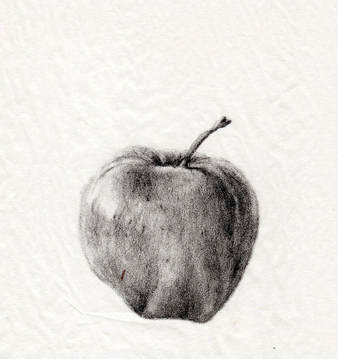 Drawing is an outrageously broad activity. In Western culture (and that is my 'mother tongue') we draw for many reasons - to aid in the design or construction process, to communicate an idea or tell a story, to map a terrain, poke fun, to share something from our imagination, to express something personal, to show how we expect something to look in the future or how it looked in the past, or purely for the sake of drawing. We draw before we write, and only some of us draw into old age. Drawing is often thought of as an activity available only to a particular group 'talented' people. Yet drawing is an accessible medium that can be beneficial for pretty much everyone. John Ruskin believed that drawing from Nature allowed us a connection that made us better people. The UK based Campaign for Drawing promotes 'drawing to learn rather than learning to draw' thanks to Ruskin's ideas. This philosophy helps the tentative drawer move past the idea of drawing as a holy activity only accessible to the minority. And drawing from Nature allows us a more contemplative approach to the world... a kind of meditation. The very general skill of observational drawing is available to anyone who can see and respond with mark making. How much that skill is honed depends on the objectives (and the tenacity) of the individual. Practice, as in any discipline will make all the difference - so draw, and draw regularly. One way to start is by finding contour lines that follow the shape of an object. Catch something with a line. Then move onto finding the major lines that run through an object - consider what the subject is doing, not only how it appears. And look, look and look some more. Careful rendering of tone will give your drawing the illusion of volume... There are many approaches to observational drawing, yet the main ingredient is always the observation which allows us to see in a way that goes beyond everyday perception. And that is where you will find the joy.
2 Comments
|
Catherine PilgrimVisual artist, drawing advocate, and mother of two red headed teenage boys. Archives
August 2021
Categories |
Proudly powered by Weebly
 RSS Feed
RSS Feed